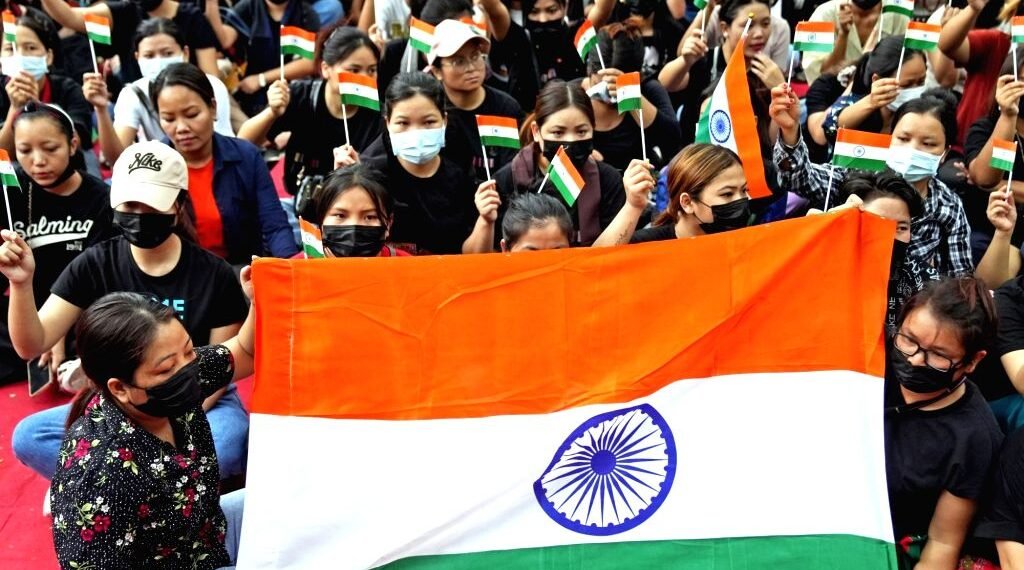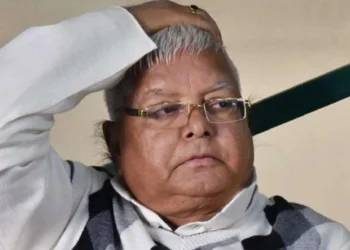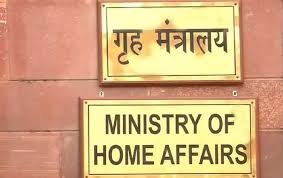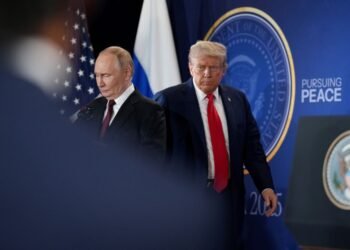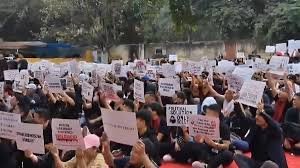After two years without formal renewal, the SoO ceasefire agreement could see a revival—if both sides agree on updated terms reflective of Manipur’s transformed reality.
BY Navin Upadhyay
New Delhi, June 15 — The second round of talks between the Ministry of Home Affairs (MHA), Intelligence Bureau officials, and representatives of Kuki-Zo group covered under the Suspension of Operations (SoO) agreement is scheduled to be held in Delhi on Monday. The talks are expected to center on revisiting the ground rules of the agreement, given the dramatic transformation in both the Kuki-Zo leadership’s demands and the deteriorating ground situation in Manipur.
The first round of discussions took place on June 9. When the SoO agreement was originally signed in 2008, the Kuki-Zo groups—then largely aligned with the state’s political framework—sought greater autonomy through a territorial council within Manipur. At that time, relations between the hill tribes and the Meitei community were relatively stable. However, the past two years have witnessed a sharp escalation in ethnic tensions, culminating in open conflict. The Kuki-Zo leadership now demands nothing short of Union Territory status.
“The ground reality has changed completely, and the negotiation framework must reflect that. While some ‘give and take’ is part of any talks, our demand for Union Territory is sacrosanct shaped as it is by the events of May 3, 2023 and their aftermath,” said a senior SoO leader. “All aspects of the talks, including discussions around designated camps, will also be guided by the sentiments of our people,” he added.
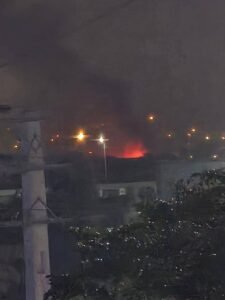 READ: Tehran Bombed, Tel Aviv Struck, Nuke Talks Collapse
READ: Tehran Bombed, Tel Aviv Struck, Nuke Talks Collapse
Monday’s meeting will include four representatives each from the Kuki National Organisation (KNO) and the United People’s Front (UPF), umbrella bodies that represent most of the Kuki-Zo armed groups. Under the SoO ceasefire arrangement, cadres are housed in 15 designated camps—seven under KNO and eight under UPF—across the hill districts of Churachandpur, Kangpokpi, and Tengnoupal.
The Government of India has reportedly proposed the consolidation and relocation of some camps for operational and security reasons. However, SoO leaders are expected to counter this with their own proposals, citing the cultural and emotional significance of existing camp locations to their communities.
The issue gained traction after the Sadar Hills Chiefs’ Association (SAHILCA), representing traditional Kuki leadership in Kangpokpi, issued a strong statement opposing any such relocation. SAHILCA accused the government of appeasing Meitei-majority sentiments by linking SoO camps to the ongoing ethnic unrest.
“The political dialogue with the Government of India is distinct from the present conflict. Associating SoO camps with violence is baseless and inflammatory,” the association stated. “These camps were established on ancestral lands to maintain peace and build trust.”
SAHILCA warned that any attempt to dismantle or relocate camps, especially in Kangpokpi, would be seen as a direct violation of the Kuki people’s identity and territorial rights. “This is about more than just logistics—it’s about land, dignity, and justice,” the release said.
READ: Chopper Crash Near Kedarnath Kills 7, Including Infant — Third Accident in 5 Weeks
The association further accused the government of pursuing a dangerous policy of majoritarian appeasement, warning that such moves would fracture trust and risk reigniting violence. It urged both the Centre and SoO groups to uphold the integrity of the peace process. “The chiefs of Kangpokpi are united in defending our land and legacy through all legitimate means,” it concluded.
The SoO agreement, while still functioning in practice, has not been formally renewed for the past two years. This has left the arrangement in a legal and administrative vacuum, even as tensions continue to simmer. Monday’s meeting may pave the way for a formal renewal—provided the two sides can agree on an updated framework reflecting the changed circumstances.



